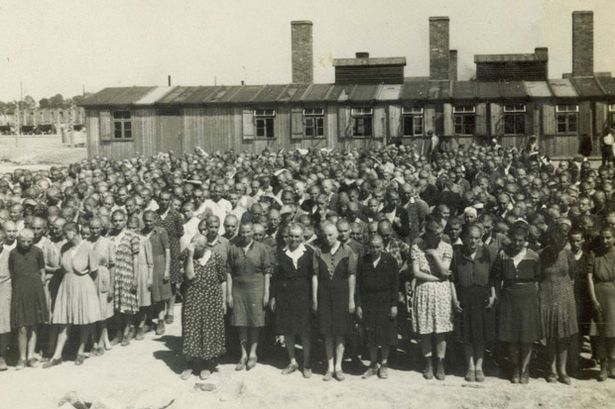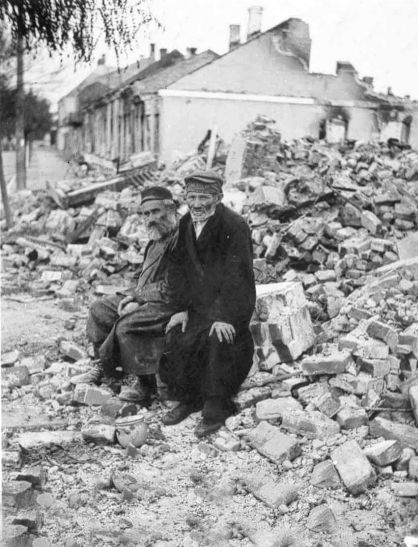All Holocaust Living History Workshop (HLHW) Events will be held in the UC San Diego Library’s Seuss Room from 5:30 to 7 p.m., and are free and open to the public. For more information about the HLHW, which is sponsored by the UC San Diego Library and the Judaic Studies Program, please contact Susanne Hillman, Program Coordinator, at HLHW@ucsd.edu or 858-534-7661.
Jan. 21: After Auschwitz: Choosing Life – with Edith Eger
Most accounts of the Holocaust end with liberation and neglect the survivors’ postwar experience. How does one deal with the wreckage of one’s life in the aftermath of catastrophe? As a young girl Edith Eger of Kosice, Hungary, was deported to Auschwitz where both of her parents were murdered. At war’s end, she moved to the United States and became a clinical psychologist with her own practice in La Jolla. While she could have chosen to remain a permanent victim, she realized early on that true freedom can only be found by forgiving, letting go, and moving on. A prolific motivational speaker, Dr. Eger has appeared on Oprah and on Dutch national television.
Feb. 25: Judith Hughes, and the title is: Bearing Witness: The Diaries of Victor Klemperer
Twenty years ago the publication of the diaries of Victor Klemperer, a little known German-Jewish literary scholar who lived through the Nazi period, was an immediate literary sensation. Published in English as I will bear Witness, the diaries offer an intimate account of everyday life in a totalitarian society. They document trivial events and emotions as much as rumors and news of atrocities. Judith Hughes, a specialist in the history of psychoanalysis, uses the diaries as a starting point to probe the difficult question of the perpetrators’ motive. Her discussion is part of a broader argument about historians’ revival of concern with actors’ meanings, intentions, and purposes. Judith Hughes is a professor of history and an adjunct professor of psychiatry at UC San Diego. She is also on the faculty of the San Diego Psychoanalytic Institute and has a small psychoanalytic practice. She has published seven books including From Freud’s Consulting Room: The Unconscious in a Scientific Age; From Obstacle to Ally: The Evolution of Psychoanalytic Practice; Guilt and Its Vicissitudes: Psychoanalytic Reflections on Morality; and most recently, The Holocaust and the Revival of Psychological History.
March 11: Archival Footprints: In Search of the Grishavers – with Herman Grishaver
Originally from Belgium, Herman Grishaver survived the war thanks to his family’s escape to the United States. Since retiring from his neurology practice, he has researched the fates of numerous family members during and after the Holocaust. His journey through archives on several continents has yielded surprising insights that take the audience from Antwerp to Linz and from Perpignan to Jerusalem. The result is a tapestry of stories woven from memories, images, and scraps of paper.
The talks are part of the HLHW’s ongoing efforts to broaden understanding of the past and to foster tolerance. At the events, attendees will have the opportunity to hear about the experiences of local Holocaust survivors, witnesses, and others, and to learn about the Visual History Archive, the world’s largest database of Holocaust testimony. The UC San Diego Library is one of only three university libraries on the West Coast to have access to the USC Shoah Foundation Institute Visual History Archive, founded by film maker Steven Spielberg to document the stories of Holocaust survivors for his movie, “Schindler’s List.”

